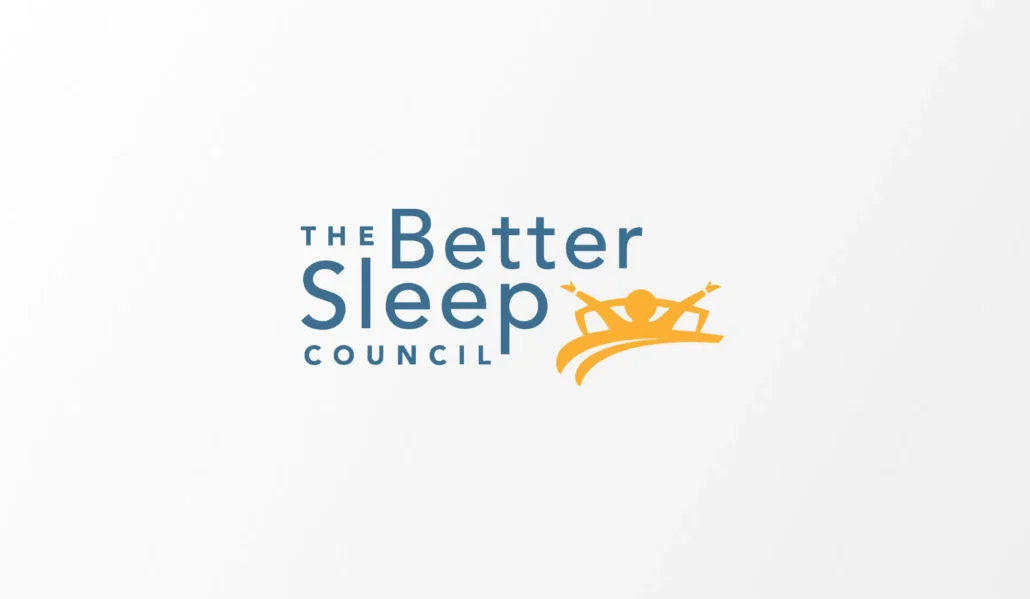ALEXANDRIA, Virginia – August 11, 2017 – New research suggests the position you sleep in may tell you a lot about yourself – your health, your age, perhaps even your education level.
The study, commissioned by the Better Sleep Council (BSC), the nonprofit consumer-education arm of the International Sleep Products Association, found those who reported higher levels of education, such as graduate school or more, were less likely to sleep in Fetal position – the most common sleeping position among Americans (47%). Differences between age groups became apparent in reported sleep position preferences as well: Gen Xers and Millennials were more likely to sleep in Freefall position (arms and legs outstretched) than Baby Boomers.
Although sleeping position is largely a matter of perceived comfort and habit, the study found sleep positions affect sleep quality. For example, people who sleep in the Log position report getting a better night sleep than those in the Fetal. Also, people who sleep in the Starfish or Log positions are more likely to sleepwalk.
Our sleep positions can tell us other things about ourselves too. The study found that Log sleepers are more likely to consider themselves to be healthy, while introverts have the strongest aversion to the Freefall sleep position.
Other insights include:
- Women are more likely to sleep in the Fetal position compared to men (54% vs. 39%).
- The Soldier (11%), Starfish (7%) and Log (6%) sleep positions are the least popular, yet those who sleep in these positions are more likely to say it has medical benefits.
- Log sleepers are more likely than Fetal, Freefall or Yearner sleepers to say their mattress is very comfortable. It could be they feel this way because they’re more likely than other sleepers to lay down and test their mattress before purchasing.
BSC sleep expert Terry Cralle, RN, a certified sleep educator and author, offers these better sleep position tips:
- Back sleepers (Soldier or Starfish) – Sleeping on your back may induce lower back pain and sleep apnea, which interferes with normal sleep. If you experience back pain, consider placing a pillow or rolled-up towel under your knees to align the natural curve of your spine.
- Stomach sleepers (Freefall) – Sleeping this way can cause strain on your lower back and can cause potential neck pain. Try using a soft pillow or none at all when sleeping, so your neck won’t be at an awkward angle.
- Side sleepers (Log, Yearner, Fetal) – Side sleeping is one of the most common ways to sleep; sleep specialists recommend you sleep on your side in order to rest more comfortably and lessen the likelihood of interrupted sleep.
For more information on sleep positions, including visuals on each one, click here.
About the BSC
The Better Sleep Council is the consumer education arm of the International Sleep Products Association, the trade association for the mattress industry. With decades invested in improving sleep quality, the BSC educates consumers on the link between sleep and health, and the role of the sleep environment, primarily through www.bettersleep.org, partner support and consumer outreach.

